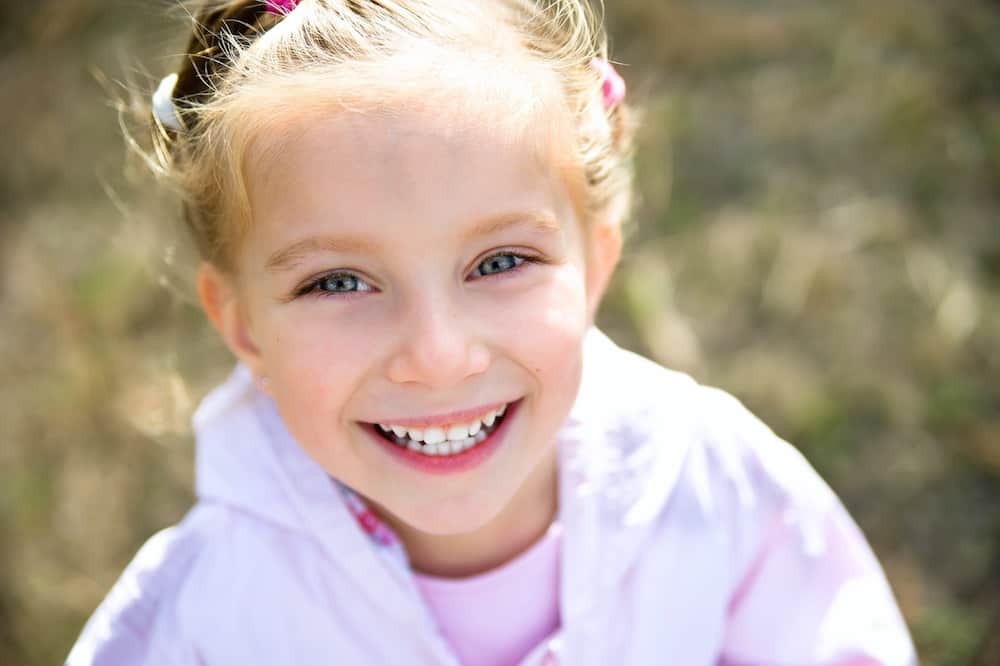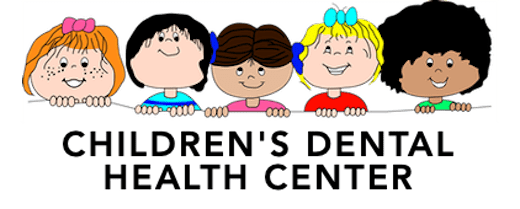Your child will be given an exam and then the doctor will have a discussion with you about your child’s specific needs, previous experiences, the required treatment, and what options are available. Together we will then decide the best modality to provide your child the best treatment possible, along with a pleasant dental experience. Children’s Dental Health Center offers light sedation utilizing nitrous oxide (aka – laughing gas) as well as general anesthesia performed at an outpatient facility to ensure your child’s comfort at all times. Team members work with your patient on a Tell-Show-Do basis to keep them calm and interactive during their visit.

Treatment
Tooth decay is not the only reason for a dental visit. Children’s Dental Health Center will provide an ongoing assessment of changes in your child’s oral health. For example, your child may need additional fluoride, dietary changes, and sealants for ideal dental health.
Our Services
Knowing how to handle a dental emergency can mean the difference between saving and losing your child’s tooth. Here are some helpful tips:
Knocked-Out Permanent Tooth – Keep the tooth moist at all times. Hold the tooth by the crown, and if the tooth is dirty, rinse it in water. Do not scrub the tooth or remove any attached tissue. The tooth must not be left outside the mouth to dry. If possible, gently insert and hold the tooth in its socket. If it cannot be replaced in the socket, put it in one of the following: (1) milk, (2) mouth – next to cheek, (3) if none of these are available, use water with a pinch of salt.
Knocked-Out Primary Tooth – These teeth are not re-implanted into the mouth. Long-term studies have shown that re-implantation of these teeth routinely cause infection and possible damage to the developing permanent tooth. We do, however, recommend that you contact your dentist to notify them of this injury. Normally a routine visit will be scheduled to x-ray the site of the missing tooth to ensure the entire tooth actually came out.
Cracked or Broken Tooth – Rinse the mouth with warm water to clean the area. Put cold compresses on the face to keep any swelling down. Take your child to see a dentist right away. If possible, take the broken tooth fragment with you. Though this fragment is normally not used to repair the tooth, it can provide some additional information as to the type of injury that was sustained to the tooth.
Possible Jaw Fracture – Immediately apply cold compresses to help control any swelling. Contact or take your child to your dentist or a hospital emergency department immediately.
Object Caught Between the Teeth – Gently try to remove the object with dental floss. If you’re not successful, contact your dentist for additional advice. Do not try to remove the object with a sharp or pointed instrument as this can cause additional damage to the teeth and surrounding tissues.
Toothache – Rinse the mouth with warm salt water to clean out any loose debris. Gently use dental floss to remove any food caught between the teeth. Do not put aspirin on the aching tooth or gum. Take your child to visit your dentist office during normal business hours.
Bitten Tongue or Lip – Clean the area gently with a moist cloth and put a cold compress on the area to minimize the swelling. If bleeding is excessive or does not stop after a few minutes of pressure, take your child to a hospital emergency room or your dentist.
Canker and Cold Sores – Children occasionally experience cold sores around the lips and canker sores inside the mouth. Products are available at your local pharmacy that will help minimize the pain and discomfort. Be sure that the product is approved for use on children. The sores most often take one to two weeks to completely heal. If the sores are occurring frequently or lasting longer than expected, please call your dentist. Some diseases can begin as simple sores and may require prescription medications
Dental Emergencies

